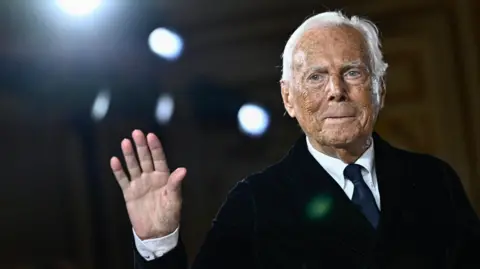Ozzy Osbourne, who passed away at 76, was more than just a rock star; he was a cultural phenomenon who shaped the heavy metal genre and defined the archetypal image of the wild musician. Born John Michael Osbourne on December 3, 1948, in Birmingham, England, his early life was marked by challenges, including dyslexia and ADHD, which sidelined him academically. Leaving school at 15, Osbourne drifted through various jobs, including a stint at a slaughterhouse where he often made crude jokes.
The turning point in his life came with exposure to music, particularly the Beatles, which inspired him to pursue singing. After a brief and unsuccessful venture with a band named Rare Breed, he formed Black Sabbath with Tony Iommi, Geezer Butler, and Bill Ward. Their unique "scary music" birthed heavy metal, attracting a massive following despite initial critical skepticism.
Black Sabbath rose to fame in the early 1970s with albums like "Paranoid" and "Volume 4," featuring hits that became anthems in the genre. However, Osbourne's increasing reliance on substances strained his relationship with his bandmates and led to his dismissal in the late 1970s. Following his exit, he embarked on a solo career that was peppered with hit albums and infamous incidents, like biting the head off a bat during a concert.
His tumultuous personal life, marked by addiction, vulnerability, and a brief spell in prison, became a focal point for Osbourne, who publicly admitted his struggles. His wife, Sharon, played a key role in reviving his career and managing his addictions. The couple had three children, all of whom later became known through their reality TV show, "The Osbournes," which showcased their chaotic family life and solidified Ozzy's status as a household name.
Later in life, Osbourne faced severe health challenges, including a diagnosis of Parkinson's disease. Despite these obstacles, he resonated with audiences, particularly during Black Sabbath's reunion tours, where they performed to sold-out crowds, decades after their initial glory.
Ozzy's influence on music and popular culture is profound, inspiring generations of artists and redefining what it means to be a rock star. His legacy is a complex tapestry of creativity, chaos, and resilience, leaving an indelible imprint on the world he helped create.






















